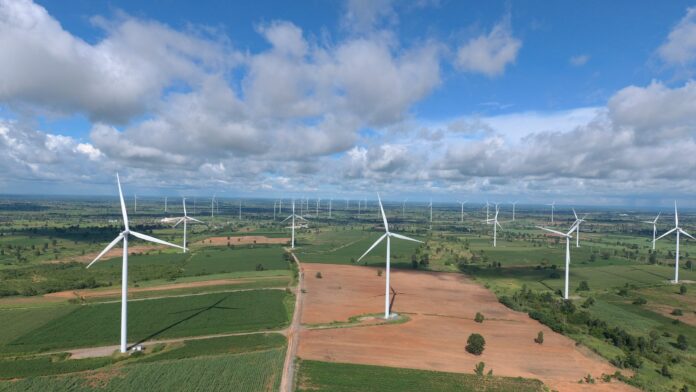Thailand is positioning itself as a prominent force in the energy and mobility sector within the ASEAN region, with a vision to contribute significantly to global sustainability endeavors through collaboration with nations worldwide. This ambitious objective was unveiled by Deputy Permanent Secretary for Energy, Veerapat Kiatfuengfoo, during his address at the inauguration of the “Future Energy Asia and Future Mobility Asia Exhibition and Summit 2023” on May 17.
Veerapat underscored the paramount importance of green and clean energy solutions that minimize environmental impact. He emphasized that Thailand, along with several other countries, has pledged to achieve carbon neutrality and net zero emissions by 2050. Veerapat stressed that the pursuit of sustainability necessitates concerted efforts, expressing Thailand’s aspiration to serve as the primary hub in Southeast Asia, facilitating the exchange of innovative green technology and energy solutions with the global community.
Pisut Painmanakul, the secretary to Thailand’s Minister of Energy, echoed Veerapat’s sentiment, highlighting several advantages that position Thailand as a regional hub for clean energy and mobility. However, both Veerapat and Pisut acknowledged that Thailand cannot accomplish its sustainability goals alone and emphasized the critical need for close collaboration with international partners. They view the “Future Energy Asia and Future Mobility Asia Exhibition and Summit” as a pivotal platform to foster such collaboration.
The “Future Energy Asia” segment of the event encompasses a wide range of topics related to the integrated energy value chain, with a particular focus on alternative fuels such as renewables, hydrogen, and LNG. Discussions also delve into the challenges of balancing energy security with net-zero objectives and the modernization of transmission and distribution grids.
From May 17 to 19, the “Future Energy Asia and Future Mobility Asia Exhibition and Summit 2023” has attracted a staggering number of participants, with over 18,000 visitors from more than 70 countries. This event serves as a significant platform for crucial discussions surrounding Asia’s contribution to the global energy transition and underscores the region’s commitment to decarbonization.



